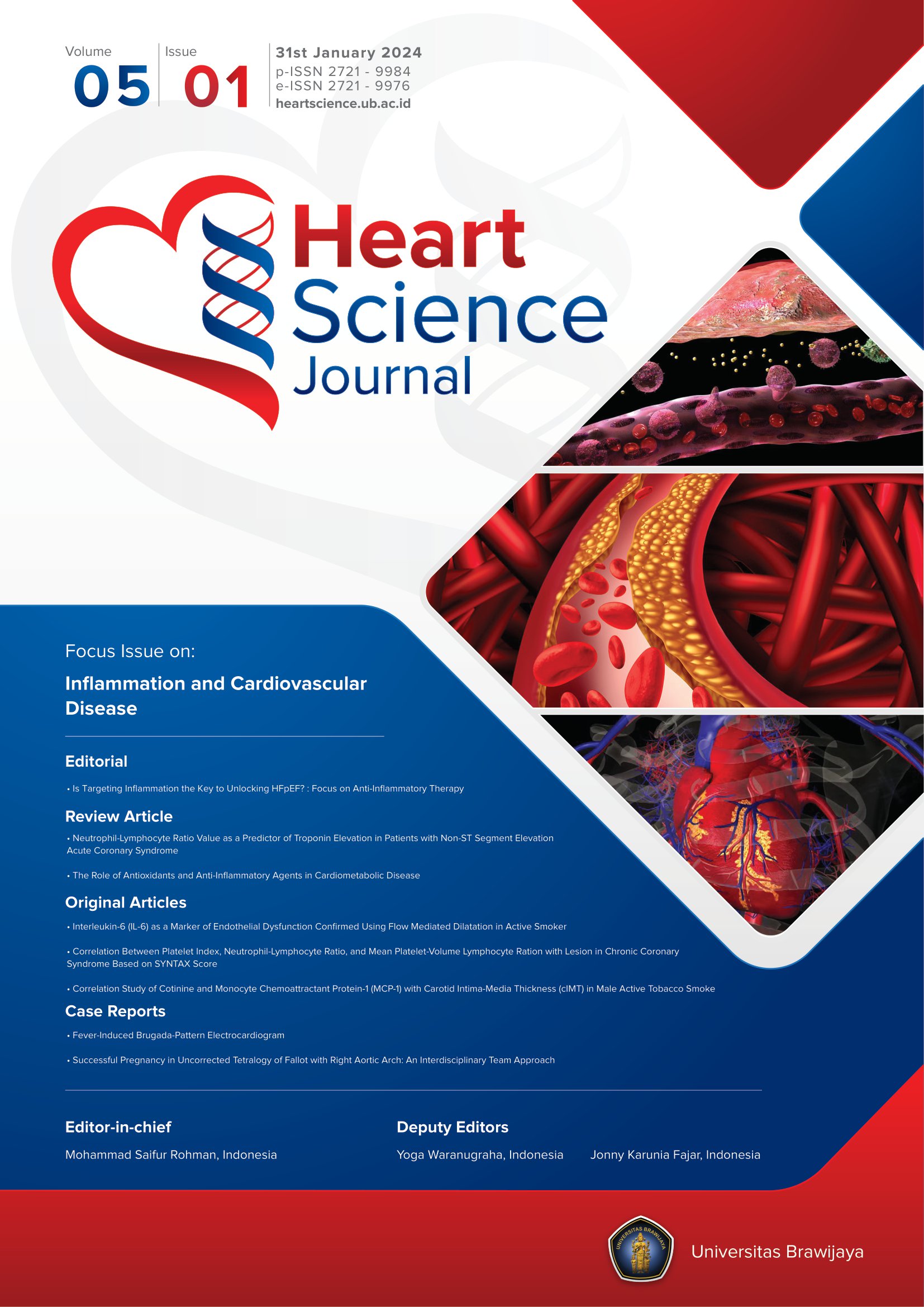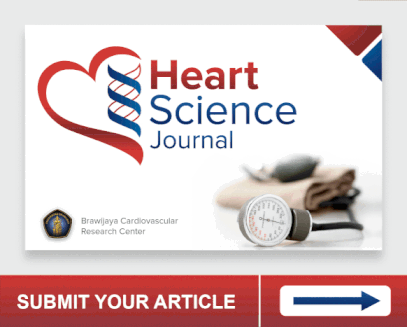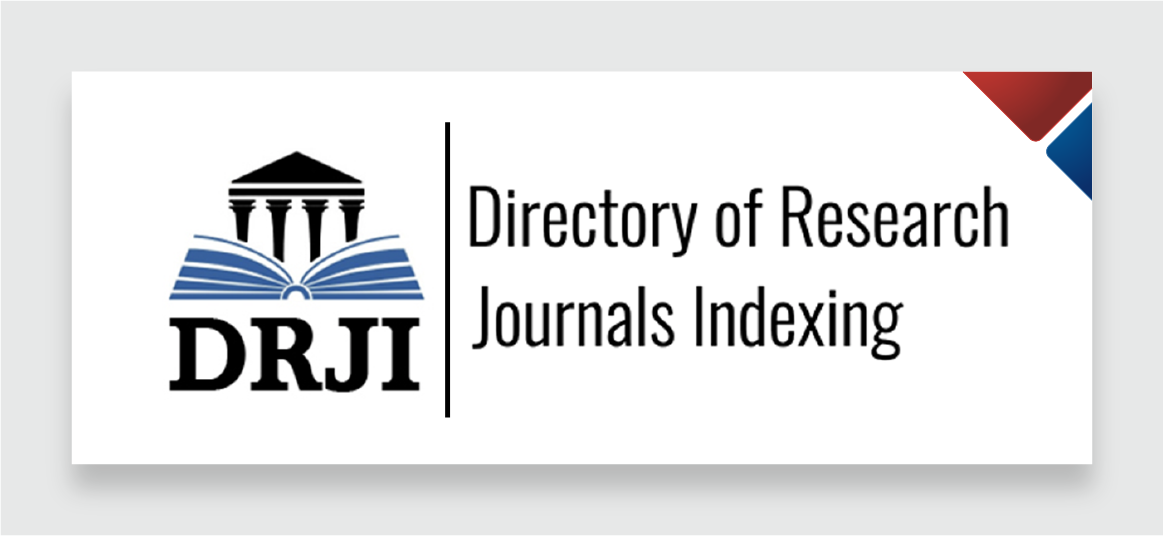The Role of Colchicine in Acute Coronary Syndrome
Abstract
Background: Despite the advances of current optimal treatment of atherosclerotic disease, the incidence of events after acute coronary syndrome (ACS) remains high. Colchicine, with its well-established pleiotropic anti-inflam- matory effects, may inhibit NLRP3 inflammasome, a key mediator in atherosclerosis-associated inflammation (AAI) thus reducing systemic inflammation. NRLP3 inflammasome activation inside leukocytes (mainly monocytes and neutrophils) is precipitated by cholesterol crystals that are present in all atherosclerosis stages. cytokines are the crucial inflammatory pathway mediators that promote the formation of plaque and instability in the inflammatory cascade.
Objective: This review will elaborate on the function of immune cells in atherosclerosis, explain the mechanisms of NLRP3 inflammasome activation in the context of AAI, and address the possible role of colchicine specifically targeting NLRP3 inflammasome and its concomitant downstream mediators in ACS, and provide an overview of current or ongoing studies produced in this area.
Discussion : NRLP3 inflammasome activation inside leukocytes (mainly monocytes and neutrophils) is precipitat- ed by cholesterol crystals that are present in all atherosclerosis stages. Subsequent activation of pro-inflammatory pathway mediators that promote the formation of plaque and instability in the inflammatory cascade. A potential advantage of a medication acting through an inflammatory milieu found in atherosclerotic lesions has recently become the need for novel therapeutic options. Colchicine, with its well-established pleiotropic anti-inflammato- ry effects, may inhibit NLRP3 inflammasome, a key mediator in atherosclerosis-associated inflammation (AAI) thus reducing systemic inflammation.
Conclusion: Colchicine is a safe and reliable medication for ACS patients, alongside reveal various benefit in reducing inflammation through inhibition of NLRP3 Inflammasome`
Keywords
Full Text:
PDFReferences
Martinez GJ, Robertson S, Barraclough J, Xia Q, Mallat Z, et al. Colchicine Acutely Suppresses Local Cardiac Production of Inflammatory Cytokines in Patients with an Acute Coronary Syndrome. J Am Heart Assoc. 2015;4(8):e002128.
Martinez GJ, Celermajer DS, Patel S, The NLRP3 Inflammasome and the Emerging Role of Colchicine to Inhibit Atherosclerosis-Associated Inflammation. Atherosclerosis 2018; 269: 262-271.
Vaidya K, Martinez G, Patel S. The Role of Colchicine in Acute Coronary Syndromes. Clin Ther. 2018; 7: 1-10.
Nguyen MT, Fernando S, Schwarz N, Tan JTM, Bursill CA, et al. Inflammation as a Therapeutic Target in Atherosclerosis. J. Clin Med. 2019; 8(1109): 1-20.
Broz P, Dixit VM. Inflammasomes: Mechanism of Assembly, Regulation and Signaling. Nat. Rev. Immunol. 2016. https://doi.org/10.1038/nri.2016.58.
Stutz A, Golenbock DT, Latz E. Inflammasomes: Too Big To Miss. J. Clin. Invest. 2009; 119 (12) : 3502e3511.
Altaf A, Qu P, Zhao Y, Wang H, Lou D, et al. NLRP3 Inflammasome in Peripheral Blood Monocytes of Acute Coronary Syndrome Patients and Its Relationship with Statins. Coron Artery Dis. 2015; 26 (5): 409e421.
Soehnlein O, Zernecke A, Ericksson EE, Rothfuchs AG, Pham CT, et al. Neutrophil Secretion Products Pave the Way for Inflammatory Monocytes. Blood 2008; 112(4): 1461-71.
Leung YY, Hui LLY, Kraus VB. Colchicine-Update on Mechanisms of Action and Therapeutic Uses. Semin Arthritis Rheum. 2015; 45(3): 341-350.
Misawa T, Takahama M, Kozaki T, Lee H, Zou J, et al. Microtubule-driven Spatial Arrangement of Mitochondria Promotes Activation of the NLRP3 Inflammasome. Nat Immunol. 2013; 14(5): 454-460.
Nidorf SM, Verma S. Is There a Role for Colchicine in Acute Coronary Syndromes? J Am Heart Assoc. 2015;4:e002372.
Hennessy T, Soh L, Bowman M, Kurup R, Schultz C, et al. The Low Dose Colchicine after Myocardial Infarction (LoDoCo-MI) Study: A Pilot Randomized Placebo Controlled Trial of Colchicine Following Acute MI. Am Heart J. 2019;215:62-69.
Tardif JC, Kouz S, Waters DD, Bertrand OF, Diaz R, et al. Efficacy and Safety of Low-Dose Colchicine after Myocardial Infarction (COLCOT Study). N Engl J Med 2019; Nov 16: [Epub] doi: 10.1056/NEJMoa1912388.
Akodad N, Lattuca B, Nagot N, Georgescu V, Buisson M, et al. COLIN Trial: Value of Colchicine in the Treatment of Patients with Acute Myocardial Infarction and Inflammatory Response. Arch Cardiovasc Dis. 2016;964:1-8. doi: 10.1016/j.acvd.2016.10.004.
Deftereos S, Giannopoulos G, Angelidis C, et al. Anti-inflammatory Treatment with Colchicine in Acute Myocardial Infarction: A Pilot Study. Circulation 2015;132:1395-403.
Robertson S, Martinez GJ, Payet CA, Barraclough JY, Celermajer DS, et al. Colchicine Therapy in Acute Coronary Syncrome Patients Acts on Caspase-1 to Suppress NLRP3 Inflammasome Monocyte Activation. Clinical Science 2016;130:1237-1246.
Shah B, Pillinger M, Zhong H, Cronstein B, Xia Y, et al. Effects of Acute Colchicine Administration Prior to Percutaneous Coronary Intervention (COLCHICINE-PCI Randomized Trial). Circulation: Cardiovascular Interventions. 2020;13:e008717.
DOI: https://doi.org/10.21776/ub.hsj.2020.001.04.02
Refbacks
- There are currently no refbacks.
Copyright (c) 2020 Liemena Harold Adrian, Budi Satrijo, Djanggan Sargowo, Indra Prasetya

This work is licensed under a Creative Commons Attribution 4.0 International License.









